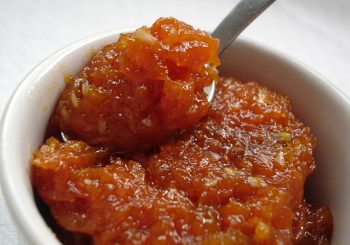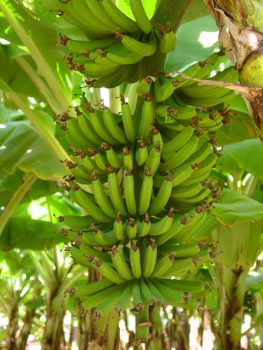Archive by Author
Ainda Bem Posted by Rachel on Jun 16, 2011
We’ve learned about the phrase “ainda bem” before, as it’s used as an interjection. But today we’re going to learn how to use it within a sentence. The meaning is the same: this expression means “good thing” or “thank goodness” or “how fortunate that…” Let’s see it used in a sentence: Ainda bem que ela…
Fernando Pessoa Posted by Rachel on Jun 14, 2011
In honor of what would be his 123rd birthday, today we’re going to learn about Fernando António Nogueira de Seabra Pessoa (1888 – 1935) , known as Fernando Pessoa. Recognized as one of the greatest poets of the Portuguese language, Pessoa is from Portugal, but his works are widely popular in Brazil, and you’ll find…
Eduardo e Mônica Posted by Rachel on Jun 12, 2011
Today is Valentine’s Day in Brazil, known as Dia dos Namorados. In celebration of the holiday, we’re going to take a look at a commercial that has gone viral online and that uses a classic love story from one of Brazil’s most famous bands, Legião Urbana. The song, called Eduardo e Mônica, tells the story…
Para Quem Posted by Rachel on Jun 8, 2011
Today we’re going to learn a very useful expression that you can use in everyday conversation. The term “para quem” followed by a verb in the indicative tense means “for those or “for anyone.” Let’s take a look at how it’s used. Para quem gosta de cozinhar, tenho uma receita muito boa! For anyone who…
Doce de Abóbora Recipe Posted by Rachel on Jun 7, 2011
It’s festa junina season again, so it’s time to learn a delicious new June festival recipe! We’re going to learn how to make sweet pumpkin, or sweet pumpkin compote, a traditional recipe originally from Rio Grande do Sul. Doce de abóbora What you’ll need • 1 quilo de abóbora descascada • ¼…
Collective Nouns in Portuguese: Nature Posted by Rachel on May 31, 2011
Last week, we learned about animal collectives in Portuguese. This week, we’re going to learn about nature-related collective nouns. arquipélago – islands (archipelago) cacho – bunch of bananas or grapes cordilheira – mountains feixe – kindling / wood for burning flora – plants or vegetables (flora) floresta / bosque – trees (forest) miríade – stars…
Good and Well Posted by Rachel on May 31, 2011
Since much of Portuguese Blog is aimed at intermediate and advanced learners, I thought we’d do a post to help some of our readers who are just starting to study Portuguese. Still, this particular tip should be useful for everyone, since I’ve noticed this is a common mistake. Bem vs. bom It’s important to remember…





